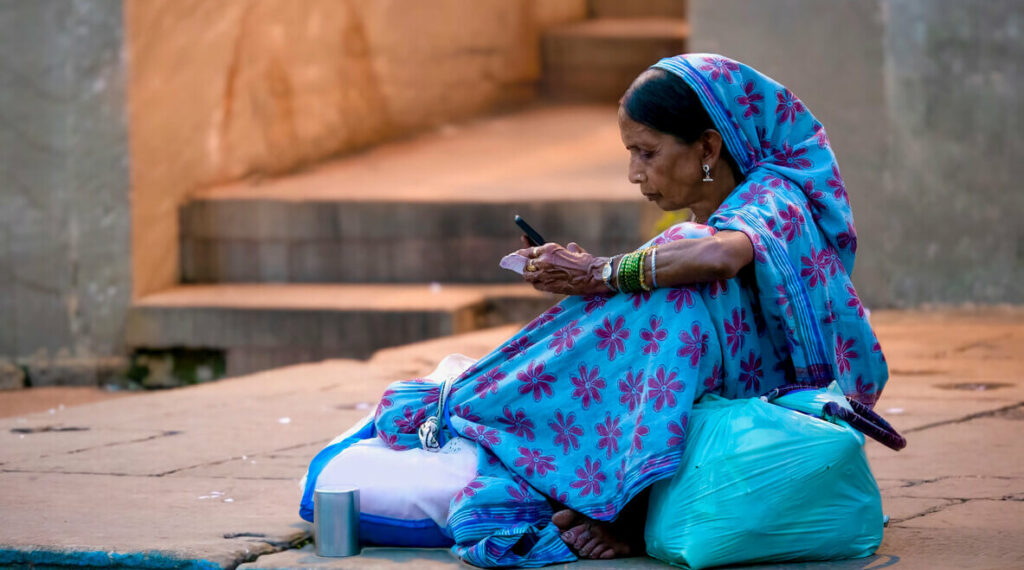
When cash transfers are safely sent directly to women, they have the potential to address gender inequities by helping women meet basic needs, access essential services, and invest in income-generating activities. But prioritizing women as the primary recipients of cash transfer programs, and thus diverging from traditional practices where men are the heads of households, raises concerns about intimate partner violence (IPV). This report examines existing evidence on the impact of cash transfers on IPV against women and proposes design approaches to mitigate and minimize those risks. While the report primarily focuses on evidence related to reducing the risk of IPV following cash transfers to women on behalf of households, it also underscores the potential that sending cash to women has for reducing existing IPV. The objective is to foster a constructive dialogue and encourage governments and humanitarian organizations implementing cash transfer programs to prioritize women as the recipients of cash on behalf of their households whenever feasible, while ensuring their safety and adequate support.
This series — created in partnership with the World Food Programme (WFP), the Center for Financial Inclusion (CFI), and the Bill & Melinda Gates Foundation — shares how we can improve the design and delivery of digital cash transfers for low-income women.











